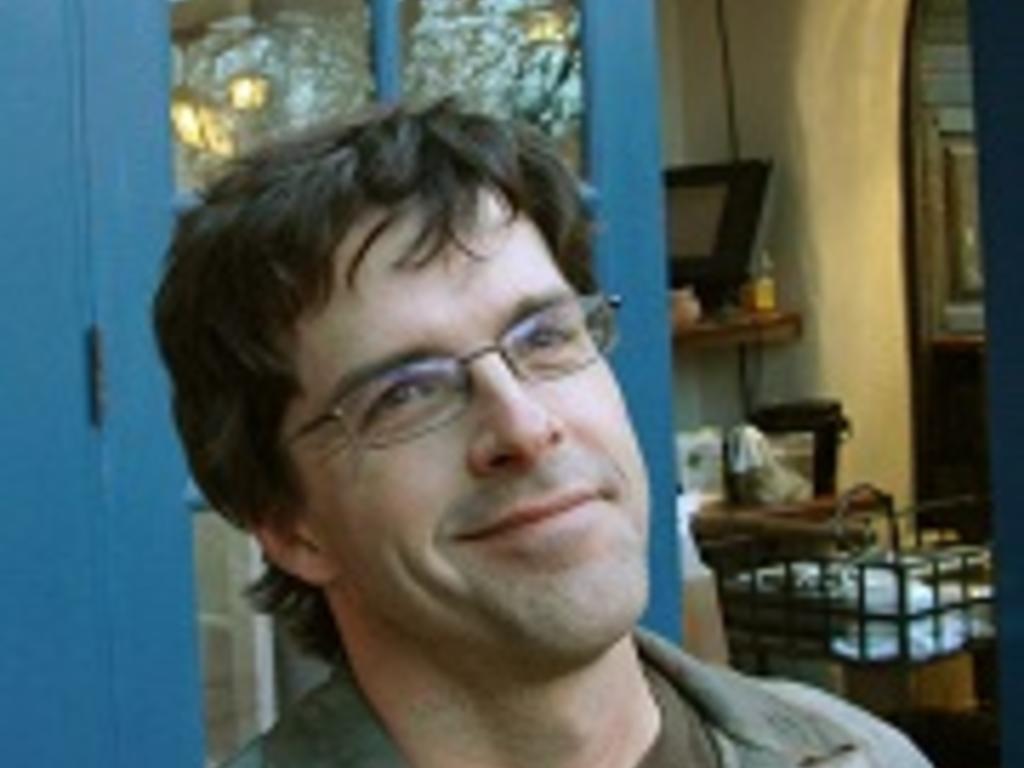Hometown: Memphis, Tennessee
Current Home: Birmingham, Alabama
Graduation Year: 1985
Major: English
What appealed to you about Rhodes?
For starters, my mother worked there as the academic dean’s assistant, so I got free tuition, but that was only what made attendance at Rhodes possible. There was a lot more to the appeal in that, as a kid who’d grown up in Memphis, I was mystified, entranced by the campus. It was the place that looked other worldly, where the monkeys from the zoo escaped, and as I later discovered, through my mom’s co-workers and friends, where people dove deep into fascinating topics, exchanged knowledge, and allowed you to sort of create your own.
How was your experience as a Rhodent?
I learned how to learn. I met people who changed the direction of my life. I learned how to write. I made friends that to this day still enrich my life. People pushed me to do things that I didn’t know I could accomplish and/or was afraid to try. I had FUN. I met people from around the world. I learned it didn’t matter so much where you’re from or the means from which you came, but that one’s value is based on what you’re willing to try to accomplish and what you do accomplish. And I learned that mistakes are treasures … and I’m therefore a VERY rich man.
What was your favorite course while at Rhodes?
Growing up in the shadow and sometimes the thick of strict, fundamentalist churches, I thought religious people were myopic and not accepting of other religions, even other ways of thinking. The Man course shattered that notion, and ironically taught me that perhaps I was the close-minded one. I’ve often said that Dr. Fred Neal, one of the authors of the course and a neighbor of mine, taught me the thrill that comes when you realize you were wrong and that your own preconceived notions are shattered.
How did you get into journalism?
When Memphis magazine won a National Magazine Award for a 1983 special section written about race relations, I was hooked. Here was one of the smallest magazines to have won that prestigious prize, winning for a series of articles about a problem that defined my hometown.
While Rhodes did not offer journalism courses at the time I attended, the school did offer me opportunities to write for the campus paper and do interviews on the old college radio station, WLYX.
Also, the attention I received from so many Rhodes professors — not just in English classes, but in many other subjects — taught me the mechanics of writing, as well as the critical thinking skills required to formulate an opinion, a topic about which to write. Then there’s the fact that so many classes piqued my curiosity on the topic at hand. Every story I write offers me much the same opportunity. I not only learned to learn at Rhodes, but I learned to love to learn.
Do you have any good stories from your time as editor of Memphis magazine?
Finally, I was in charge and it was time to settle some old scores, er, not really. I think one of the coolest things about the gig was the access it afforded me. I could call the mayor’s office and get an interview (maybe not immediately), I helped one of our writers land an interview with Priscilla Presley, but even better, I could put my passion to ink, as we wrote about local issues that needed attention and highlight uniquely great things about this city, such as its musicians and help alert the world to the kind of talent we had (and still have) here.
Maybe one of the best examples of this access, though, was convincing the city highway department to let me climb the big “M” span on the Hernando de Soto bridge. The man who changed the lights on the bridge was given the task of taking photographer Steve Davis and me up to the top, where we shot lots of pictures for the 1998 or 1999 Memphis magazine City Guide . . . and just got to enjoy the view.
More than anything, the gig gave me the opportunity to report on something I loved (and still do) — the city of Memphis and the surrounding area. I got to cover, warts and all, topics that meant something to the direction of this quixotic locale. In the process, I learned so much about this place and the culture that fuels it, and perhaps even more about myself.
